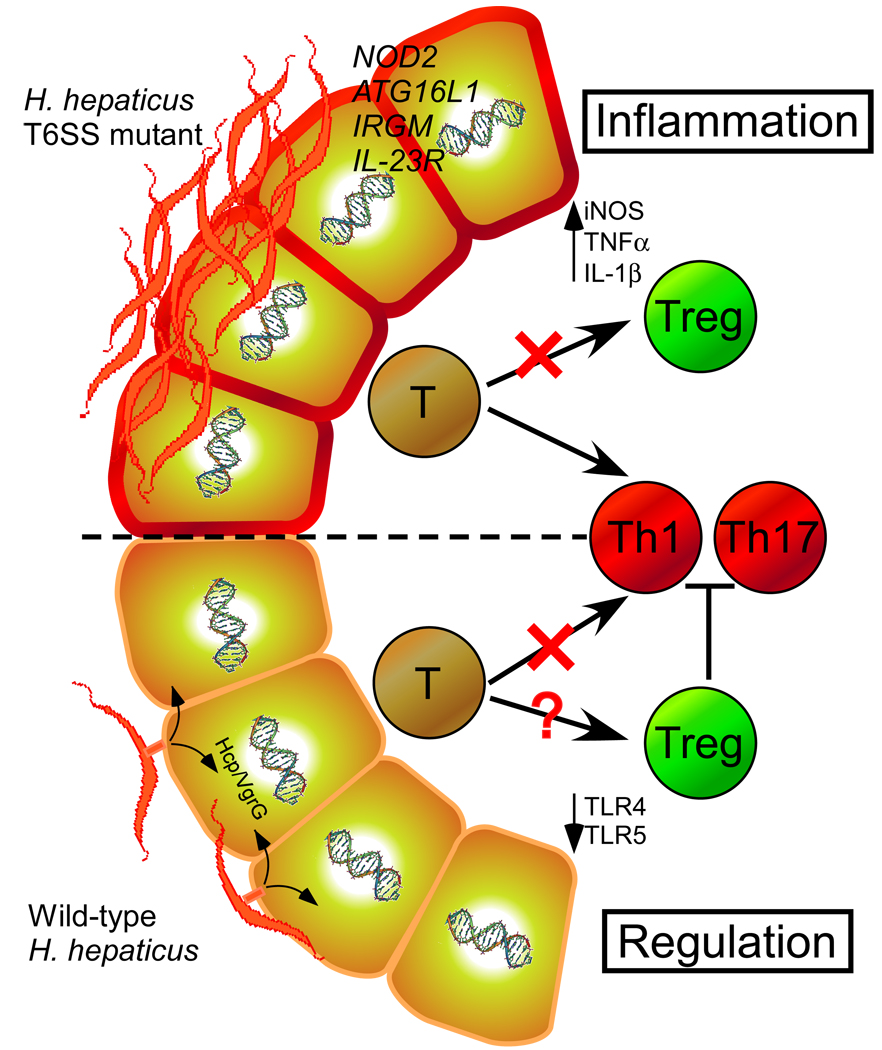Figure 7. Proposed Interactions between H. hepaticus T6SS and the Intestinal Immune Response during Colonization.
During prolonged intestinal colonization of animals, H. hepaticus intimately contacts the epithelium and uses its T6SS to create a tolerogenic immune environment (possibly through down-regulating TLR expression and/or promoting Treg development). Crosstalk between host and bacteria maintains a balanced symbiotic interaction. This balance can be disturbed by genetic mutations associated with IBD (NOD2, ATG16L1, IRGM, IL-23R) and/or dysbiosis caused by external disturbances (e.g. antibiotics, enteric infections, diet, etc.), which may result in elevated immune responses (increased Th17) in genetically susceptible hosts. Based on our and previous studies, it appears that the combination of host genotype and microbial status contributes to intestinal disease.

